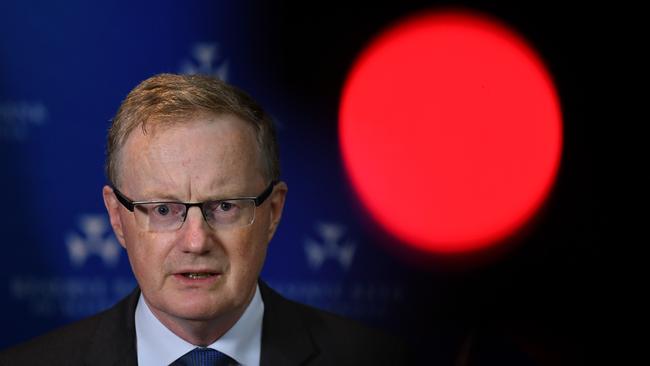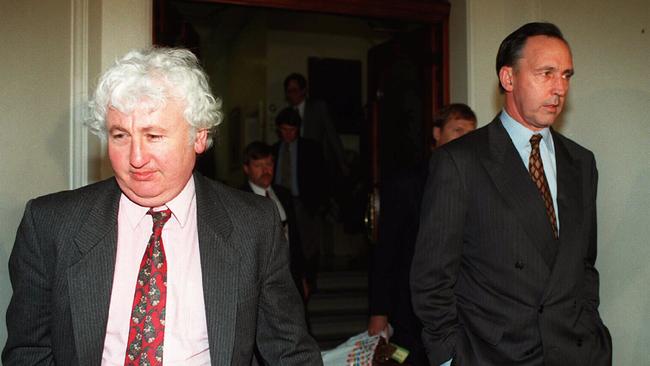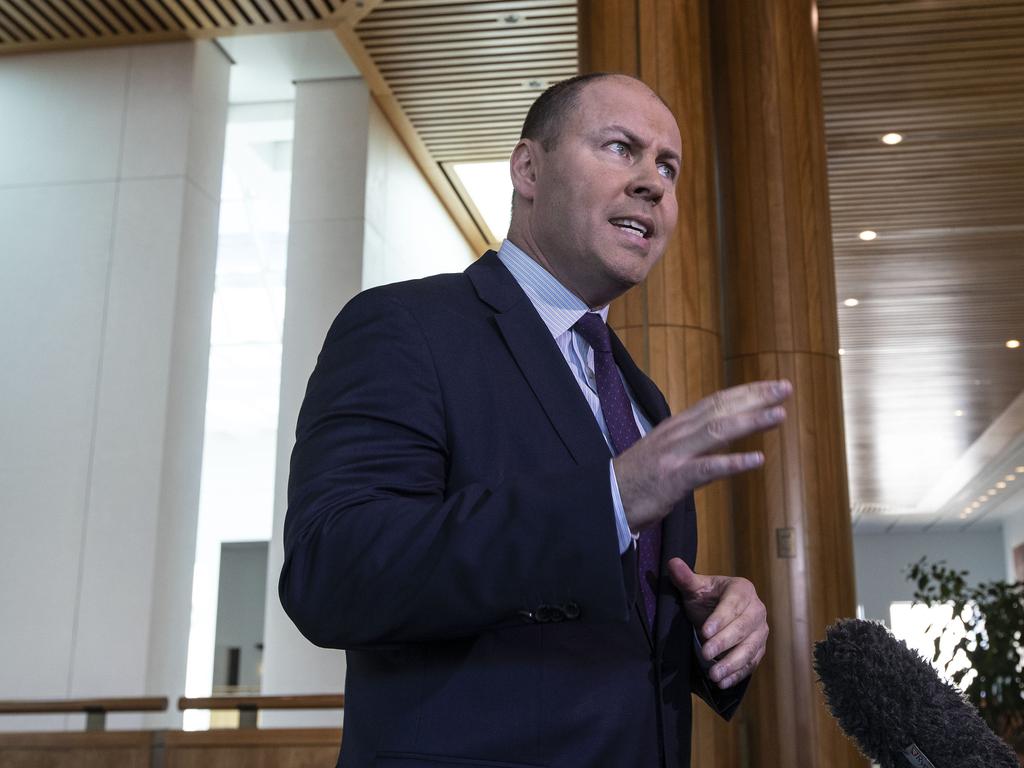Reform agenda amid the coronavirus pandemic? Give us a break

Press conferences and interviews with the Prime Minister or the Treasurer now invariably include a question about it, trying to get them to say they’re going to increase the GST, and over the weekend John Durie had an article in these pages starting with the words: “Big business has embraced the policy reform agenda”.
Reform agenda? Good grief. We are in the midst of a global pandemic and an economic depression, with government deficits rising to telephone numbers, and vested interests are rolling up their sleeves to ensure this is a crisis that doesn’t go to waste.
The only people talking about policy reform are those who are in no danger of losing their livelihood; everyone else is just trying to survive.
It was all started by Reserve Bank Governor Philip Lowe last Tuesday.
In his statement and press conference he pointed out that the crisis would reverberate through the economy for some time to come, and that the best way to deal with that is “to reinvigorate the country’s growth and productivity agenda”.
Yes, well the Coalition replaced any effort to enhance productivity with a single policy - to oppose action on climate change – and to achieve economic growth through population growth, by increasing immigration, both permanent and temporary. It has been surfing population growth and China since 2000.
The “productivity agenda” doesn’t need to reinvigorated, it needs to be brought back from the dead.
During his press conference, Dr Lowe was invited to elaborate, which he did: “I think the overall question is to make Australia a great place where businesses want to expand, innovate, invest and hire people, and if we can do that, then we will drive higher living standards for all Australians. How do we do that? How do we make Australia a great place to invest, expand, innovate and hire people?
“Well, I think we start off by reading the multitude of reports that have already been commissioned on this issue and perhaps I could run through it for you at a very high level what those reports say.”
He then proceeded to rattle off the usual suspects, and in the process he highlighted (no doubt deliberately) that the most productive part of the Australian economy has been the production of reports about productivity … that are then ignored.
The most recent such report was “Shifting The Dial”, written by the Productivity Commission, delivered to then treasurer Scott Morrison in 2017, and then ignored. It’s been getting a rerun on TV lately, or at least the Prime Minister has been referring to it whenever he runs out of things to say about productivity. It was his idea, after all.
Ironically, the first chapter of that report was headed “Healthier Australians”, and the very first recommendation was: “The Australian, State and Territory Governments should allocate (modest) funding pools to Primary Health Networks and Local Hospital Networks for improving population health, managing chronic conditions and reducing hospitalisation at the regional level.”
Improving population health is getting quite a bit of attention right now, so that’s a tick.
There were 27 other recommendations (unticked so far) ranging across health, education, roads, alcohol tax, commonwealth-state relations and (would you believe) “using information better”. The most courageous of them in the “Yes Minister” sense was that stamp duties on property transfers should be replaced by land tax, reprising Ken Henry’s recommendation from 2010. As if.
But Dr Lowe was right: there is a room at the National Library filled with reviews about how to improve productivity. It’s been three years since the last one, so it must be time for another.
Why has nothing been done to improve national productivity since the 90s? And why has productivity growth declined from 4 per cent to less than 1 per cent over the past two decades?
Because no one can agree on what’s required, in turn because the national leadership – political, corporate, labour, bureaucracy – have been pushing barrows instead of the national interest.
The reason productivity growth went from zero in 1982 to 4 per cent in 2000 was that Bob Hawke and Paul Keating worked with big business and Bill Kelty to deregulate the financial markets, then the product markets (tariffs) and then the labour markets, in that order. They were deregulating, so business was happy to go along; the bureaucracy was dragged along.
No reform partnership like Keating and Kelty has existed for 25 years.

The Coalition’s natural partners in business are interested only in tax cuts, and the six-year Rudd/Gillard Labor government was whacked by the GFC and then actually achieved meaningful reform with an emissions trading scheme that sapped all of its political capital and was then repealed by Coalition.
In fact, I think it’s fair to say that the pointless 15-year argument over climate change ruined Australia’s ability to conduct any kind of sensible discussion about economic policy and to achieve consensus on anything, and is therefore the main reason productivity growth has been declining.
The Coalition has now been whacked by the coronavirus and has convened a national cabinet that includes Labor premiers, as well as a National COVID-19 co-ordination Commission that includes Greg Combet, whom Scott Morrison was even moved to praise last week.
It’s this new “co-operative spirit” that Philip Lowe was talking about when he put reform on the agenda, musing that maybe we can build on it and actually achieve something.
Maybe. Let’s see what they say about climate change when it’s over.
* Alan Kohler is Editor in Chief of Eureka Report







For some strange reason people are starting to talk about economic reform. Perhaps it’s the boredom; everyone’s going stir crazy.